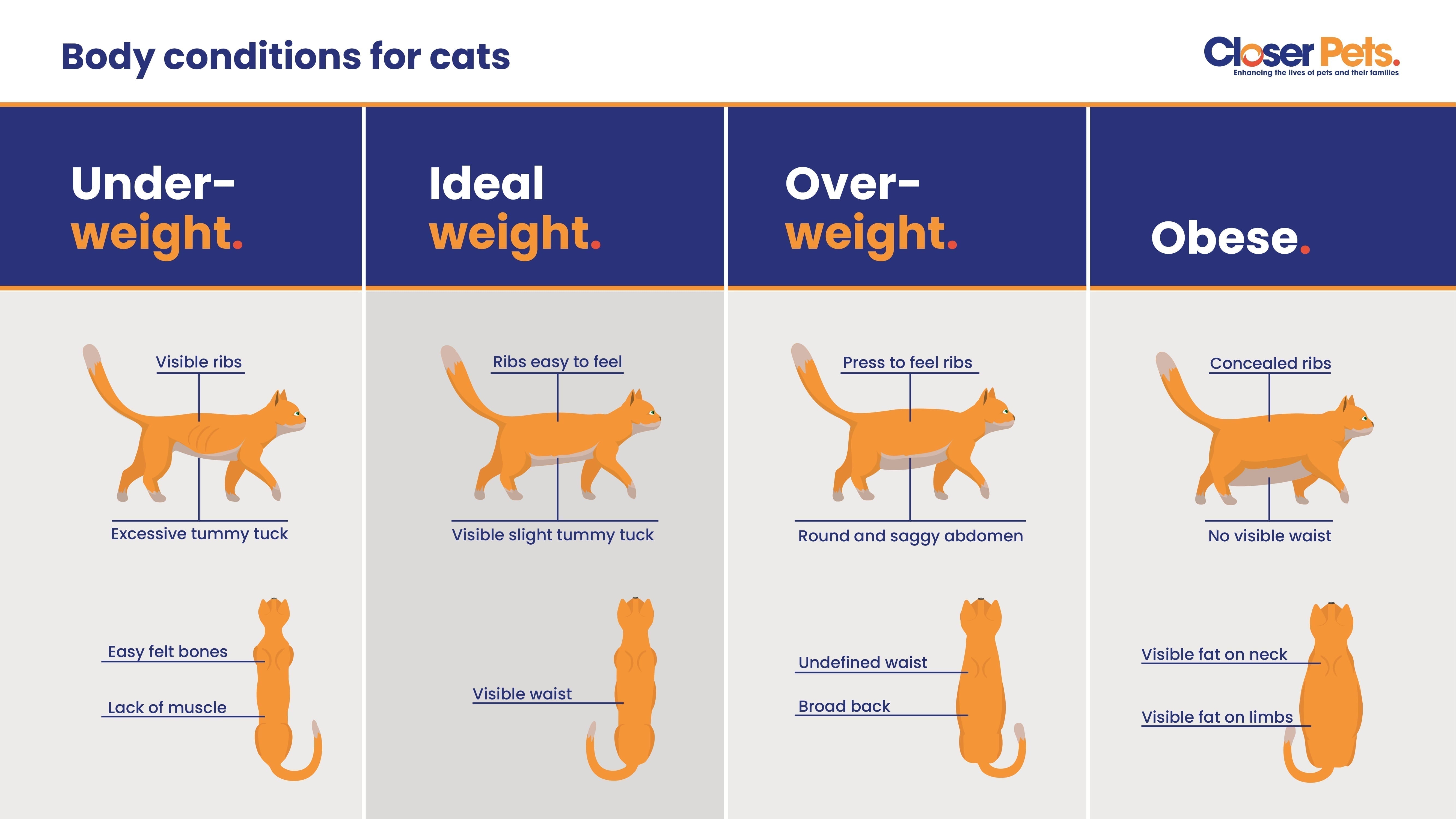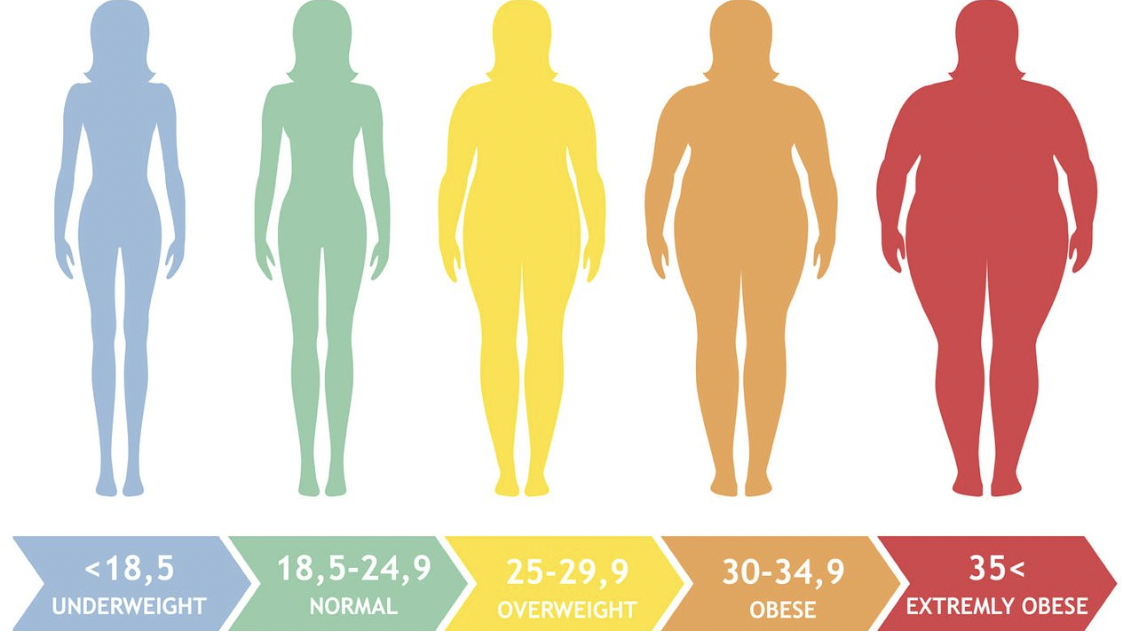Are you struggling with being severely underweight and unsure what steps to take next? Your body needs the right balance of nutrients and energy to stay strong and healthy.
When your weight drops too low, it’s not just about appearance—it can seriously affect your entire well-being. From feeling constantly tired and weak to risking serious health issues like a weakened immune system or heart problems, being severely underweight demands your immediate attention.
You’ll discover clear, practical advice on how to safely regain your strength and protect your health. Keep reading to learn exactly what you can do to turn things around and feel better every day.
Signs Of Severe Underweight
Severe underweight is more than just being thin. It can harm your health deeply.
Knowing the signs helps you act fast and seek help. These signs show your body is in trouble.
Body Mass Index And Risk Levels
Body Mass Index (BMI) is a key measure. It compares your weight and height.
A BMI below 16 usually means severe underweight. This level raises serious health risks.
Doctors use BMI to decide the risk. The lower the BMI, the higher the danger.
Physical Symptoms To Watch For
Look for constant tiredness and weakness. Your body lacks energy and nutrients.
Thin, brittle hair and dry skin often appear. These show malnutrition and poor health.
Feeling dizzy or faint can happen often. It signals low blood pressure or anemia.
Bone pain or fractures may occur. Severe underweight weakens bones over time.
Muscle loss is common. The body may use muscle for energy when food is scarce.
Health Risks From Severe Underweight
Severe underweight poses many serious health risks that affect the whole body. It weakens the immune system and lowers energy levels. Lack of proper nutrients can cause lasting damage to bones, muscles, and organs. Understanding these risks helps in taking quick action to improve health and avoid complications.
Nutritional Deficiencies And Malnutrition
Severe underweight means the body lacks essential vitamins and minerals. This leads to malnutrition, which harms vital functions. A low red blood cell count, called anemia, causes constant tiredness. The immune system weakens, making infections more common and harder to fight. Without enough calories, the body feels weak and exhausted all the time.
Bone And Muscle Complications
Low body weight reduces bone density, increasing the risk of fractures. This condition is known as osteoporosis. The body also breaks down muscle for energy, causing muscle loss. Weak muscles make daily activities harder and slow recovery from injuries. Bone and muscle health are critical for overall strength and mobility.
Hormonal And Reproductive Issues
Severe underweight disrupts hormone balance in both men and women. Women may experience irregular or missed periods, which can lead to infertility. Men may have lower testosterone levels, reducing sex drive and causing other problems. Hormonal imbalances affect mood, energy, and overall well-being.
Heart And Organ Damage
Essential minerals help the heart function properly. Severe underweight can cause irregular heartbeats and low blood pressure. In extreme cases, heart failure may occur. Multiple organs may suffer damage due to malnutrition. Some damage might not fully heal, which poses long-term health risks.
Additional Health Concerns
Being severely underweight raises the risk of complications during surgery. Wound healing slows down and infection risk rises. Fatigue and dizziness are common, increasing the chance of falls. Hair thinning and dry skin are also signs of poor health. These issues reduce quality of life and need prompt care.
Causes Behind Severe Underweight
Severe underweight can arise from various causes. Understanding these reasons helps in addressing the problem effectively. Several factors contribute to being severely underweight, ranging from health issues to lifestyle choices. Identifying the root causes is essential for proper treatment and recovery.
Medical Conditions And Eating Disorders
Certain illnesses can cause rapid weight loss. Chronic diseases like cancer, tuberculosis, and HIV reduce appetite and nutrient absorption. Eating disorders such as anorexia nervosa and bulimia nervosa involve unhealthy food habits and fear of gaining weight. These disorders often require professional medical and psychological care.
Metabolic And Digestive Factors
Some people have a naturally high metabolism that burns calories quickly. Thyroid problems, especially hyperthyroidism, increase metabolic rate and cause weight loss. Digestive issues like celiac disease or Crohn’s disease impair nutrient absorption. This leads to poor nutrition despite eating enough food.
Psychological And Lifestyle Influences
Stress, anxiety, and depression can reduce appetite significantly. Emotional distress often changes eating habits and causes weight loss. Lifestyle factors such as excessive physical activity or poor eating routines also contribute. Lack of sleep and irregular meals can prevent weight gain or maintenance.

Credit: closerpets.co.uk
Steps To Gain Healthy Weight
Gaining healthy weight requires a clear and steady approach. It means adding muscle and fat in a balanced way. Rapid weight gain may harm the body. Focus on safe, gradual changes. These steps help build strength and improve overall health.
Each step works together. Balanced nutrition fuels the body. Strength training builds muscle. Medical care treats hidden problems. Professional support guides the process. Follow these actions to reach a healthy weight.
Balanced Nutrition And Caloric Intake
Eat nutrient-rich foods with enough calories to support weight gain. Include proteins, healthy fats, and carbohydrates in every meal. Choose whole grains, lean meats, nuts, and dairy. Snack on high-calorie but healthy options like avocado or peanut butter. Avoid empty calories from sugary or fried foods.
Track your daily calorie intake to ensure it exceeds your energy use. Spread meals and snacks evenly throughout the day. Drink smoothies or shakes if eating large meals is difficult. Proper nutrition supplies the body with energy and building blocks for tissue growth.
Incorporating Strength Training
Strength training helps convert extra calories into muscle, not fat. Use weights, resistance bands, or bodyweight exercises. Focus on major muscle groups like legs, back, and arms. Train 3 to 4 times a week with rest days in between.
Start with light weights and gradually increase intensity. Proper exercise improves muscle tone and boosts appetite. Avoid excessive cardio, which burns calories and may hinder weight gain. Consistent strength training supports healthy, lasting weight increase.
Addressing Underlying Medical Issues
Severe underweight may stem from medical problems. Conditions like thyroid issues, digestive disorders, or infections affect weight. Get a full medical evaluation to identify hidden causes. Treating these conditions is essential before focusing on weight gain.
Medication side effects can also reduce appetite or nutrient absorption. Share all symptoms with your healthcare provider. Managing health problems improves energy, appetite, and nutrient use. This step ensures a safe path to healthy weight.
Seeking Professional Support
Work with dietitians, doctors, or trainers for personalized guidance. Professionals create meal plans and exercise routines tailored to your needs. Regular check-ups track progress and adjust the plan as needed.
Emotional support from counselors or support groups can help with motivation. Professional help increases success chances and makes the process safer. Never hesitate to ask for expert advice during your weight gain journey.
Preventing Complications
Severe underweight can cause many health problems. Preventing complications is key to staying safe and improving health. Proper care helps avoid issues like infections, nutrient deficiencies, and muscle loss. Focus on steady improvement with smart choices.
Monitoring Nutrient Levels
Track essential nutrients like iron, calcium, and vitamins regularly. Blood tests help find shortages early. Work with a healthcare provider to adjust diet or supplements. Avoid skipping meals to keep energy and nutrient levels steady. Balanced nutrition supports body functions and healing.
Maintaining Immune Health
Eat foods rich in vitamins A, C, and E to boost immunity. Rest well to help the body fight infections. Avoid stress and exposure to germs when possible. Hydrate often to keep mucous membranes moist and strong. Small changes can strengthen your defense against illness.
Safe Exercise Practices
Choose gentle exercises like walking or stretching to build strength. Avoid heavy lifting or intense workouts until weight improves. Exercise helps maintain muscle mass and bone health. Listen to your body to prevent injury or exhaustion. Gradual activity supports recovery without strain.

Credit: www.drkarenhorton.com
When To Get Medical Help
Knowing when to seek medical help is vital if you are severely underweight. Health risks rise sharply with extreme thinness. Timely care can prevent serious complications and improve recovery chances. Medical professionals can diagnose underlying causes and guide proper treatment. Watch for signs that require immediate attention. Consulting the right specialists ensures comprehensive care tailored to your needs.
Warning Signs For Immediate Care
- Rapid weight loss without clear reason
- Severe weakness or inability to stand
- Persistent dizziness or fainting spells
- Extreme fatigue interfering with daily activities
- Difficulty breathing or chest pain
- Confusion or sudden changes in mental state
- Severe dehydration or inability to eat or drink
- Irregular or absent menstrual periods in women
Any of these symptoms demand urgent medical evaluation. Early intervention can prevent life-threatening conditions.
Specialists To Consult
- Primary Care Physician: First step for general assessment and referrals
- Nutritionist or Dietitian: Creates personalized meal plans to restore healthy weight
- Endocrinologist: Checks for hormonal imbalances affecting weight
- Gastroenterologist: Evaluates digestive issues that impair nutrient absorption
- Mental Health Professional: Supports treatment of eating disorders or emotional factors
- Physical Therapist: Helps rebuild muscle strength and improve mobility
Seeing these specialists ensures a holistic approach to recovery and long-term health.

Credit: www.inspirahealthnetwork.org
Conclusion
Being severely underweight poses many health risks. Eating balanced meals with enough calories is essential. Seek medical advice to address underlying causes quickly. Focus on gradual weight gain through nutritious foods. Regular check-ups help monitor your progress and overall health.
Support from family and professionals makes recovery easier. Taking small steps each day leads to better strength and energy. Remember, your health matters most—care for your body with patience and kindness.


